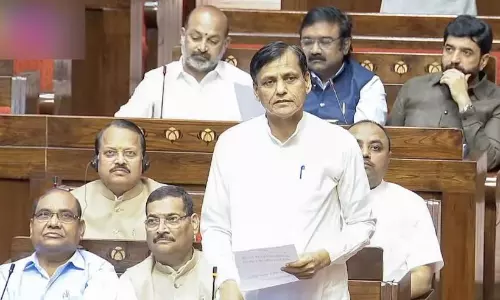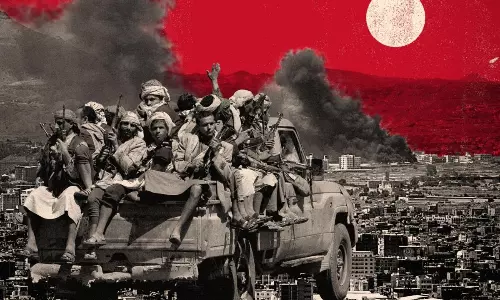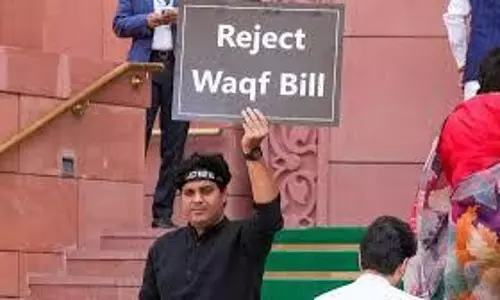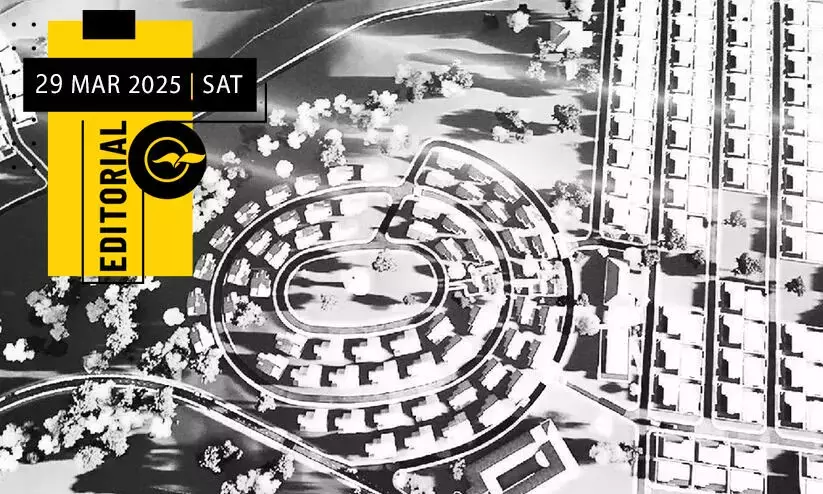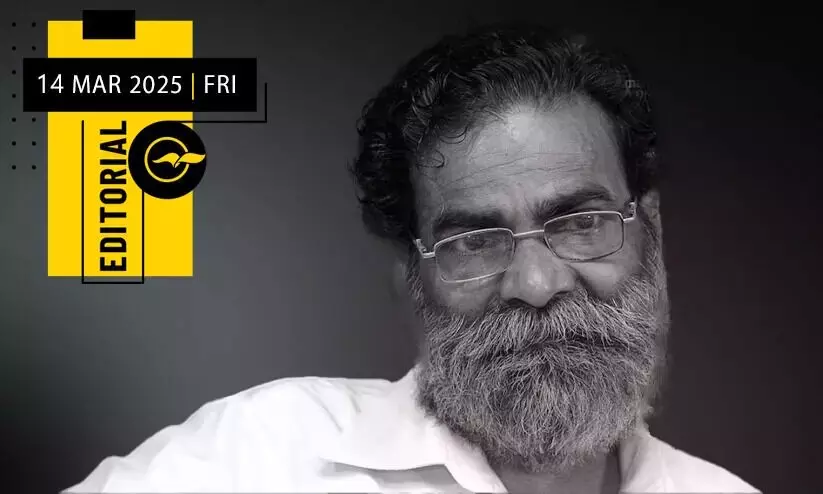
Farewell to Malayalam's dynamic intellectual
text_fieldsOne of the most notable intellectuals of Kerala, KK Kochu, known as Kochettan, has passed away, bringing an end to all ‘daring’ deeds. His 76 years of life were eventful, marked by numerous intellectual and pioneering contributions in the struggle for the upliftment of the oppressed communities. Throughout his life, he worked tirelessly to make visible the lives of Dalit and oppressed communities in Kerala and India, challenging and questioning the cultural grammar of mainstream public spaces. Kochettan’s constant travel and writing allowed him to establish his prominence in the public sphere of post-modern Kerala. His writings and sphere of activity were loud struggles for the historically silenced lower castes. Through that, the sense of untouchability and values of the upper caste that existed in the cultural sphere of Kerala were incessantly questioned. It was through such intellectual debates that Dalit thinkers gained rightful recognition in Kerala's public sphere. Without the tireless efforts of fundamental thinkers like K.K. Kochu, the Kerala public life would have deteriorated into an underdeveloped cultural and intellectual world devoid of the voices and experiences of diverse people. In that sense, as a person who played a key role in broadening the theoretical horizons of grassroots politics, his demise marks the farewell to Kerala of one of the great thinkers of contemporary times.
K.K. Kochu started his life in 1946 in Kallara, Kottayam district, the cradle of grassroots politics, as the son of a communist. He made socio-political interventions during his student days and even lived in hiding for some time during the Emergency. Once an editor and publisher, Kochettan played a leading role in the formation and organization of the Communist Yuvajana Vedi, the People’s Workers’ Union, and Manushyavakasha Samithi (Human Rights Committee) and the SEEDIAN (standing for Socially, Economically, Educationally Depressed Indian Ancient Natives) organization. Kochu, who shifted from Marxist thoughts to Ambedkarite ideology, was active in the fields of socio-cultural and political criticism. Kerala saw the rise of an intellectual who dismantled the traditional academic frameworks and barriers which was shaped by his close association with the early Dalit intellectuals and Leftist political activities in Kerala and became integrated with the dominant grassroots movement in India by the 1980s. Therefore, his world of ideas, which imparted innovative insights, is rich in syntheses of Marxism and Ambedkar's theory. In fact, it was Kochu’s intellectual interventions that filled the vacuum in Dalit thoughts that was created by the demise of Kallara Sukumaran, Dr Manmathan and others and gave it new energy and avenues. K.K. Kochu, as he called himself was an ideological man. That is why he was always in conflict with established groups and was expelled or went out on his own. In his youth, he associated himself with the Naxal movement but soon fell out with them. While he was active in caste issues and Dalit organisations, he was often involved in conflicts and was expelled from there. Even while he was firm in his ideological convictions, he was careful not to let it become an obstacle to participating in mass movements. It can be seen that the bottom-line of such disagreements was a constant vigilance against Hindutva politics.
He had warned decades ago that Hindutva agenda and ideas were swallowing Dalits and the Left through mainstream nationalism and making caste a sub-category of religion. This can be seen in his disagreement with the portrayal of Pazhassi as a tribal liberator and anti-imperialist fighter, and in his ideological criticism of Dalit intellectuals. He constantly stated that the Dalit people should not just reclaim caste but should gain their self-respect, political empowerment and social status through integration with various groups and community formation. Certainly, his scholarly contributions will be a guide for the revival of Dalit and backward social groups in the era of Hindutva. K.K. Kochu was one of the those who were dear to 'Madhyamam' in its efforts to become the voice of the neglected and the marginalised. 'Madhyamam' believes that the publication of his autobiography, along with its writing, has played a historical role in 'publicizing' the lives of the underprivileged. Remembering the invaluable role of K.K. Kochu, we bid the unique intellectual a respectful farewell.




